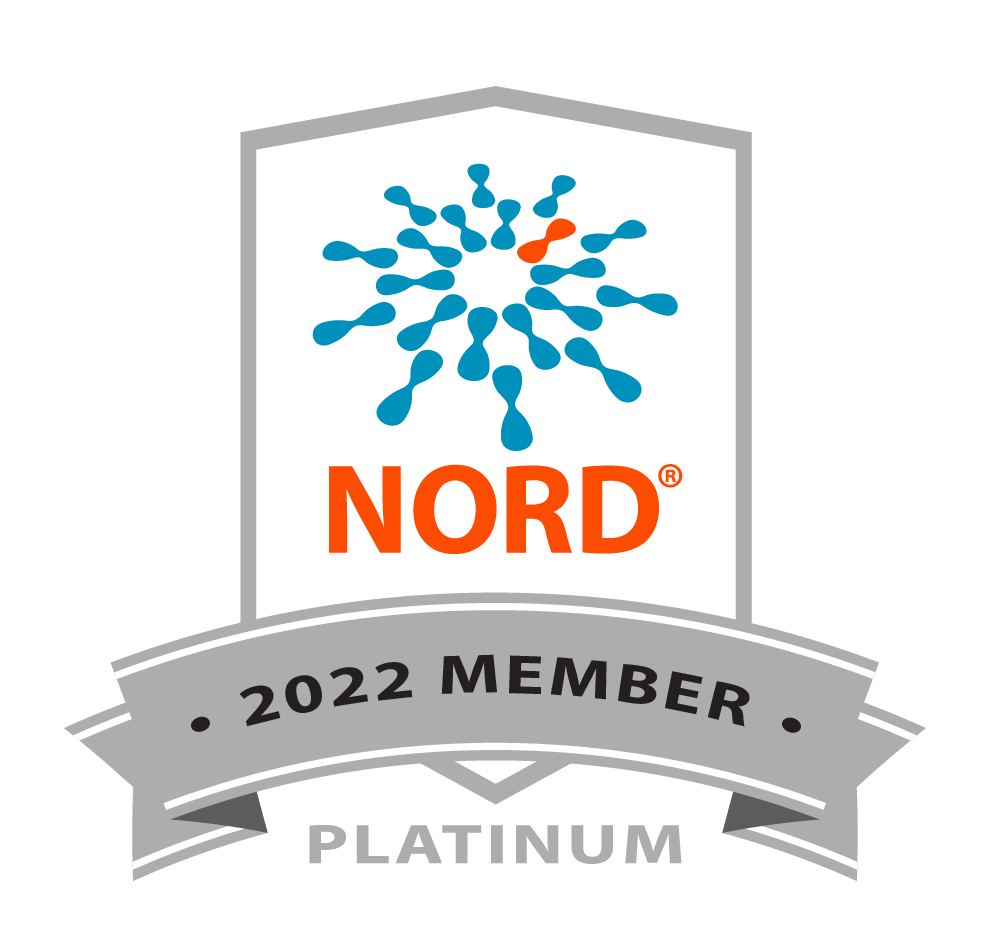“The announcement today of the collaboration between Takeda and Arrowhead for a licensure deal for ARO-AAT, a phase 2 investigational RNA interference (RNAi) therapy for Alpha-1 liver disease is met with great excitement. Both companies are long standing partners with the Foundation and together offer great hope for the treatment of the liver disease associated with Alpha-1. We are encouraged by this potential first-in class therapy which the Alpha-1 research community has worked towards and the Alpha-1 community has been dreaming,” explained Miriam O’Day, President and CEO of the Alpha-1 Foundation.
- Potential first-in-class therapy designed to treat the underlying cause of liver disease associated with AATD
- Arrowhead is eligible to receive up to $1.04B including an upfront payment of $300M and potential development, regulatory and commercial milestones up to $740M
- Investigational medicine ARO-AAT to be co-developed and co-commercialized in the United States by Takeda and Arrowhead under a 50/50 profit-sharing structure
- Takeda receives exclusive license to commercialize ARO-AAT outside the U.S.
- Arrowhead will hold a conference call and webcast today, Oct. 8, at 8:30 a.m. ET
Takeda Pharmaceutical Company Limited (TSE:4502/NYSE:TAK) (“Takeda”) and Arrowhead Pharmaceuticals Inc. (NASDAQ: ARWR) today announced a collaboration and licensing agreement to develop ARO-AAT, a Phase 2 investigational RNA interference (RNAi) therapy in development to treat alpha-1 antitrypsin-associated liver disease (AATLD). ARO-AAT is a potential first-in-class therapy designed to reduce the production of mutant alpha-1 antitrypsin protein, the cause of AATLD progression.
Under the terms of the agreement, Takeda and Arrowhead will co-develop ARO-AAT which, if approved, will be co-commercialized in the United States under a 50/50 profit-sharing structure. Outside the U.S., Takeda will lead the global commercialization strategy and receive an exclusive license to commercialize ARO-AAT with Arrowhead eligible to receive tiered royalties of 20-25% on net sales. Arrowhead will receive an upfront payment of $300 million and is eligible to receive potential development, regulatory and commercial milestones up to $740 million. Closing of the transaction is contingent on completion of review under antitrust laws, including the Hart-Scott-Rodino (HSR) Antitrust Improvements Act of 1976 in the U.S.
“AAT-associated liver disease is a devastating condition for which there are no approved therapies. With its RNAi-based mechanism of action, ARO-AAT has the potential to treat the underlying cause of AATLD, thereby helping patients avoid the need for liver transplantation and associated co-morbidities,” said Asit Parikh, M.D., Ph.D., Head, Gastroenterology Therapeutic Area Unit at Takeda. “We are excited to collaborate with Arrowhead to bring forward this exciting late-stage liver asset for the Alpha-1 community as part of our growing GI portfolio.”
“Takeda’s global presence and experience with payers and regulators in the rare disease and GI therapy space, combined with its long history serving the Alpha-1 community make it the ideal partner for ARO-AAT. It is well-positioned to work with the patient and medical community to help meet the severe unmet need of patients with Alpha-1 liver disease,” said Christopher Anzalone, Ph.D., President and CEO at Arrowhead. “This agreement also supports our strategy of using partnering selectively to continue to invest in our Targeted RNAi Molecule (TRiMTM) platform and the growing pipeline of RNAi therapeutics targeting diverse tissue types, while focusing our commercial organization on opportunities in two key areas of cardiometabolic and pulmonary.”
About Alpha-1 Antitrypsin-Associated Liver Disease
Alpha-1 Antitrypsin-Associated Deficiency (AATD) is a rare genetic disorder associated with liver disease in children and adults and pulmonary disease in adults. AATD is estimated to affect 1 per 3,000-5,000 people in the United States and 1 per 2,500 in Europe. The protein AAT is primarily synthesized and secreted by liver hepatocytes. Its function is to inhibit enzymes that can break down normal connective tissue. The most common disease variant, the Z mutant, has a single amino acid substitution that results in improper folding of the protein. The mutant protein cannot be effectively secreted and accumulates in globules inside the hepatocytes. This triggers continuous hepatocyte injury, leading to fibrosis, cirrhosis, and increased risk of hepatocellular carcinoma.
Individuals with the homozygous PiZZ genotype have severe deficiency of functional AAT leading to pulmonary disease and liver disease. Lung disease is frequently treated with AAT augmentation therapy. However, augmentation therapy does nothing to treat liver disease, and there is no specific therapy for hepatic manifestations. There is a significant unmet need as liver transplant, with its attendant morbidity and mortality, is currently the only available cure.
Source: Takeda











